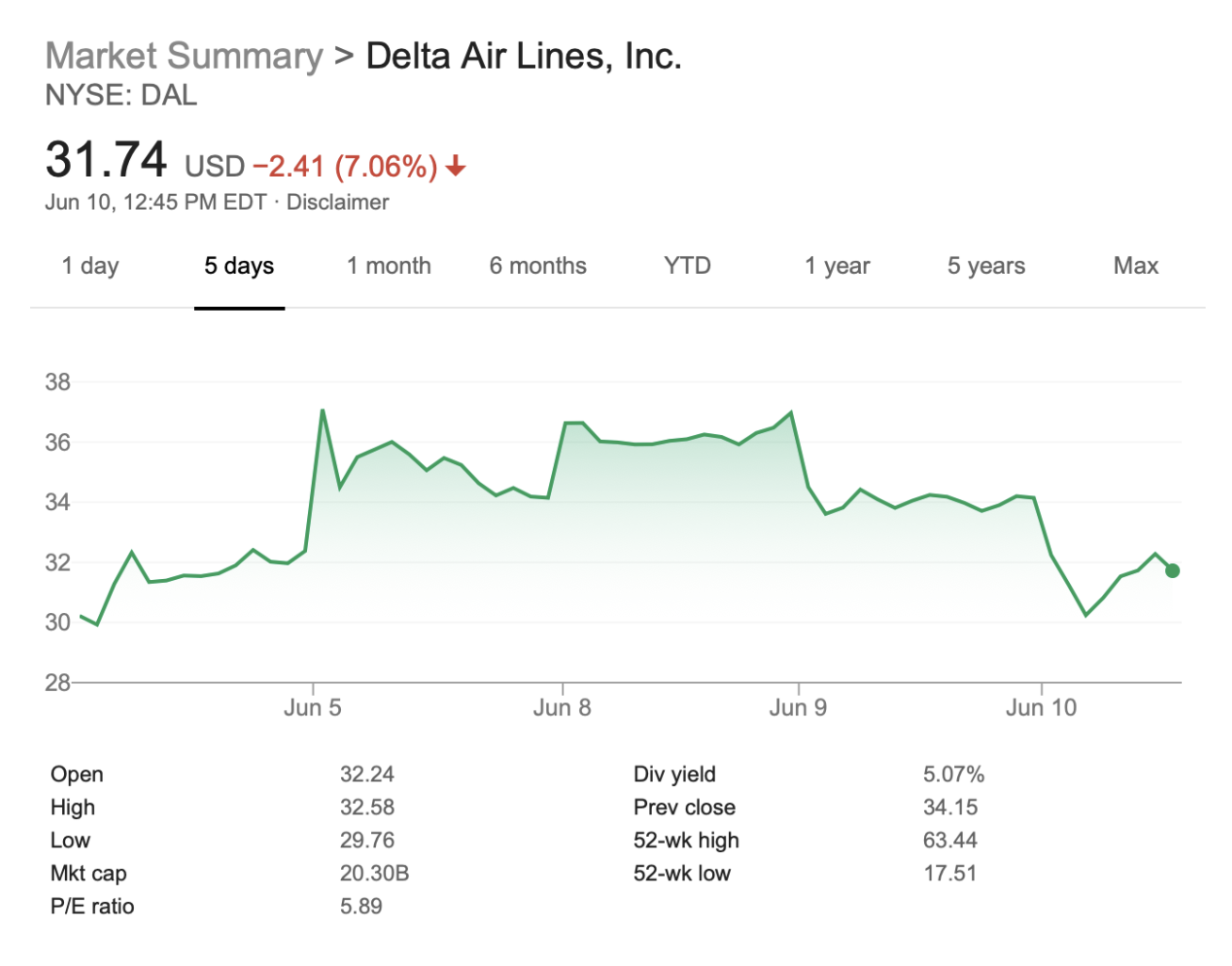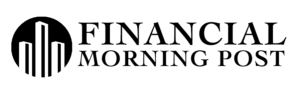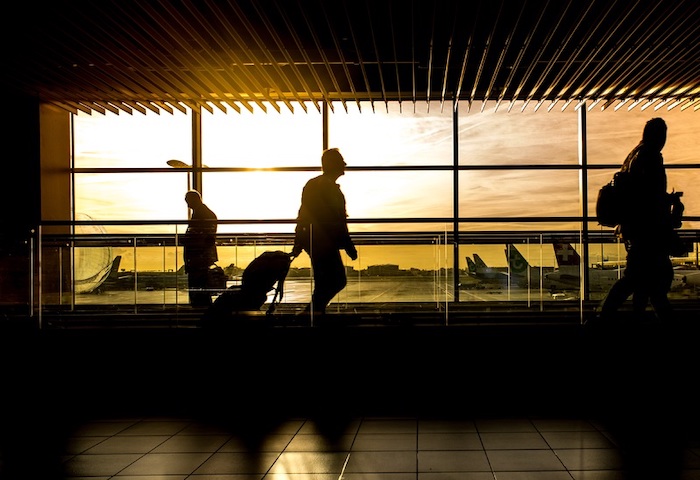Against all odds, airline stocks enjoyed their best weekly gains in history last week, and even Carnival cruises soared as investors–many of them younger novices pouring into fee-free online trading apps–went contrarian.
Their travel optimism, however, is based on immediate good news re-opening rather than on realistic fundamentals that show a real recovery will take months, if not longer.
‘Ridiculously overvalued’?
After getting trounced by the coronavirus pandemic, Carnival Corporation (NYSE:CCL) closed last week up over 180% from its record lows, and other major cruise lines are in the same boat.
But by Wednesday morning, Carnival had shed 7% as analysts started chiming in.

Boris Schlossberg, managing director of FX strategy at BK Asset Management, told CNBC’s ‘Trading Nation’ that the cruise ship industry is the “most overbought and most ridiculously overvalued at this point”.
“Carnival, for example, is pricing rooms as low as $28 a night per passenger when their actual fixed costs are close to $100. The hope is that the passengers will then be able to make up revenue by [buying on-board amenities. But if you think about this, the people who are going to take advantage of this are going to be young families, the ones that have the least amount of disposable income to spend because those who are most vulnerable to Covid are the older travelers and they’re going to be much less likely to take advantage of these offers,” he said.
And Schlossberg things we haven’t even seen the worst yet. He’s not buying the rebound because he sees another wave of COVID-19 cases taking over Florida.
Indeed, new COVID-19 cases have been on the rise in Florida for the past week, hitting more than 1,000 new cases every day for the past seven days, and 1,426 new cases on Saturday alone. These numbers, including a rise in new cases in North Carolina, Texas and California, are concerning amid the relaxation of stay-at-home orders and the gradual reopening of the economy.
So what about the airlines?
Anyone who jumped on the airline bandwagon last week and sold it for the profits before stocks started shedding gains this week might have done fairly well playing the contrarian to the divestment overtures of legendary investors such as Warren Buffett and Carl Icahn.
The big bump came following reports that airlines were increasing domestic flying for summer.
Analysts are divided on how much “pent-up” demand will boost the airlines as the economy re-opens and flights consider getting back on track.
The JETS airline EFT (JetBlue, Southwest) enjoyed a 33% gain last week, but it is still a long way from its 52-week high.
American Airlines announced yesterday that it will increase July service and take 141 aircraft out of storage to that end. Delta Air Lines Inc and United Airlines Holdings Inc have made similar moves.
Demand is still at a record low, but the airlines and airline stock bulls think the worst is over.
Even American Airlines Chief Executive Doug Parker is low-key on demand rebound. On Wednesday, he told shareholders that the airline should see a daily cash burn of around $40 million in June–down from $50 million earlier–with the decline attributed to cost-savings.
He also said American Airlines was unsure what flying in the fall would look like, or even next summer, because of coronavirus uncertainty.
The beat on the street seems to be that if you made some money on the airlines and haven’t gotten out yet, it’s probably time.
American is preparing for high-level layoffs, and there’s plenty of trouble ahead.
American shed around 6% today, so far:

Delta expects Q2 revenue to be down 90% from a year ago. It also expects to cut its average daily cash outflow to around $40 million by the end of the quarter–and that compares to around $100 million in Q1.

The rally is largely over now, and a trade group report says it all.
On Tuesday, the International Air Transport Association (IATA) said in a statement that the industry would report losses of $84 billion for 2020, with revenues down more than 50%, calling it the “worst year in the history of aviation”.
Even as revenue starts to recover next year, rebounding to nearly $600 billion, the industry still won’t be profitable.







